Fostering dialogue among people with differing perspectives on faith-based values and sexual and gender diversity

Fostering dialogue among people with differing perspectives on faith-based values and sexual and gender diversity
Local, national, and international events have heightened the pain for many individuals who experience conflicts between their faith-based values and their sexual attractions and/or gender identity.
As mental health professionals and academics from widely divergent backgrounds, we have engaged in dialogue for several years and have found common ground sufficient to develop an ethical mental health treatment protocol. This protocol takes into account our understanding of the current research, clinical literature, and our various professional codes of ethics regarding sexual and gender diversity. We continue to dialogue about these issues and to develop training materials based on the ethical principles and practices we have identified.
This document, “Resolving Distress Between Faith-based Values and Sexual and Gender Diversity: A Guide for Mental Health Professionals,” outlines principles and practices designed to preserve client self-determination and adhere to the principle of “do no harm.”
As a complement to our more comprehensive Guide for Mental Health Professionals, and in response to legislative efforts to guide therapeutic treatment addressing sexuality and gender, this statement, “Declaration on Avoiding Harm: A Reconciliation and Growth Project Statement,” is a single-page summary and outline of practices that we believe should be avoided when providing treatment to clients of any sexual orientation, gender identity, or faith.
The Peacemaking Protocol offers a structured process and solid ideas to create a win-win solution to conflicts.
The following are some recent and upcoming conferences, workshops or meetings where various members of our team will be presenting or speaking:
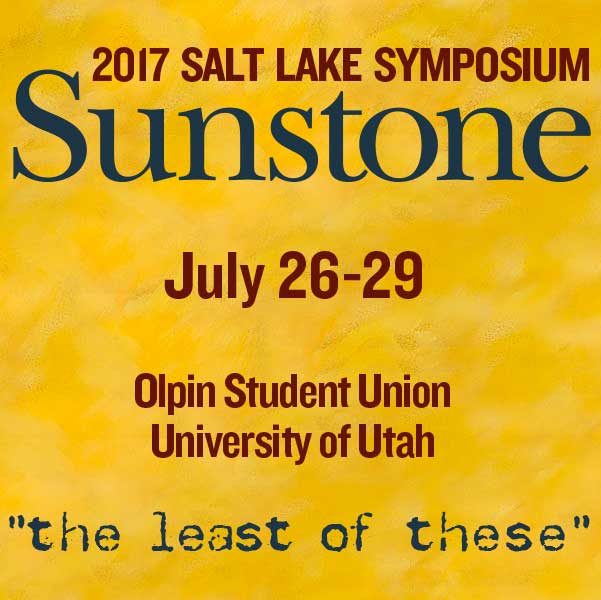
July 26-29, 2017
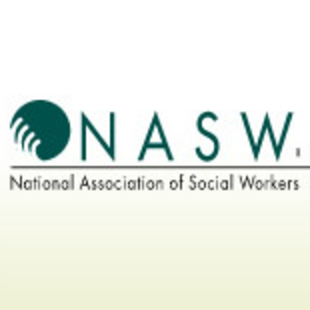
“Opportunities and Challenges for LDS LGBT People and their Families”
June 15, 2017
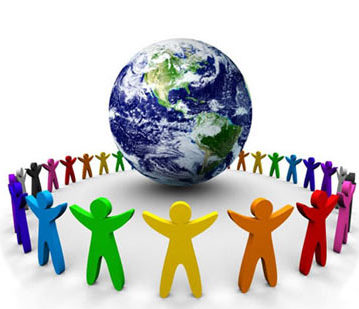
“Hope & Resilience: Reducing Domestic Violence for Sexually & Gender Diverse Individuals”
June 2, 2017
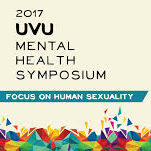
February 3, 2017
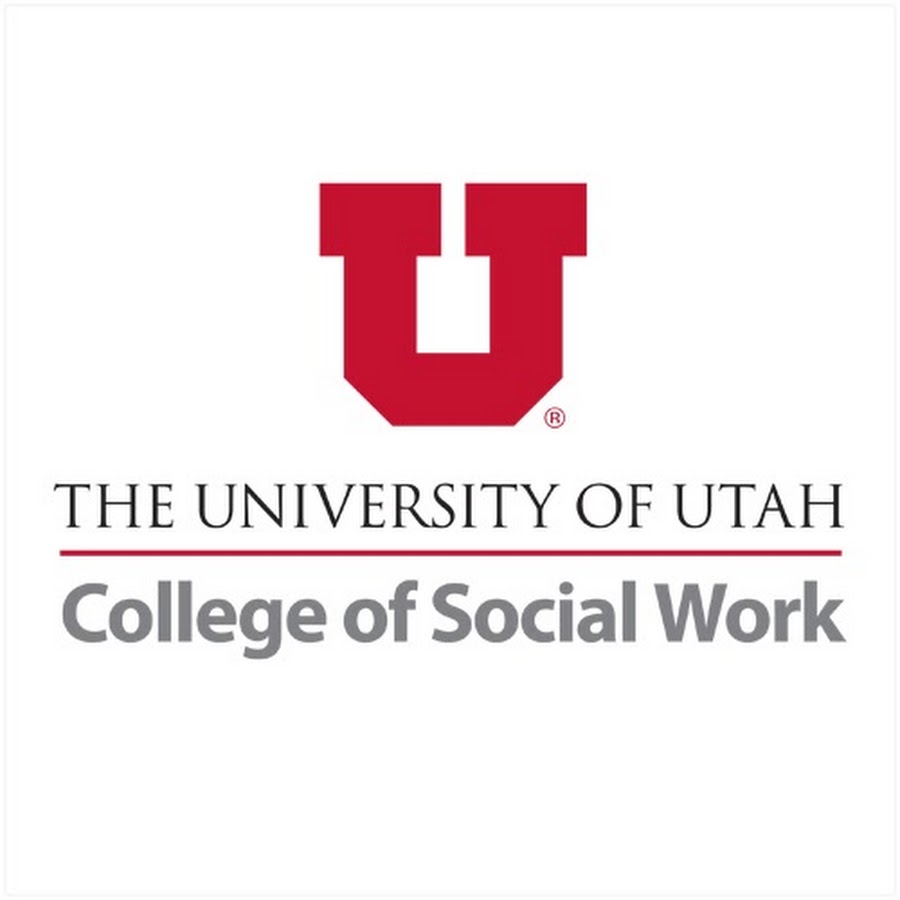
December 5, 2016

March 17-19, 2017
If you would like us to come speak or present at your event,
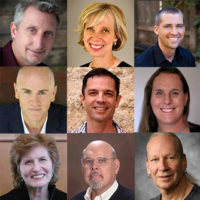
With a shared commitment to understand our different viewpoints and establish an inclusive and comprehensive therapeutic approach, this group has been committed to meet for two hours twice monthly since March 2013. In the process of respectful dialogue and collaborative consensus, we have developed a mutual rapport that has become a healthy incubator for the development of the Peacemaking Protocol for families, couples, and communities in conflict and the Principles & Practices document for practitioners.

In November of 2015, the Reconciliation and Growth Project wrote an op-ed for the Salt Lake Tribune, titled ‘Time has come for a new paradigm in gender/sexuality debate,’ issuing what we have called “The Utah Declaration,” inviting all parties concerned with this debate to move beyond the battle lines of exclusion, legislation and litigation and challenging all parties to create bridges for collaborative engagement with those who are perceived as the “other.”
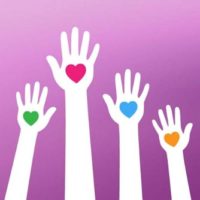
This survey is designed to identify important aspects of life and relationships for those who experience (or have experienced) same-sex attractions and identify as lesbian, gay, bisexual (LGB), heterosexual, or with another sexual identity or reject a label, and analyze if there are any similarities or differences between those who are: (1) single and celibate, (2) single and not celibate, (3), in a heterosexual/mixed-orientation relationship, or (4) in a same-sex relationship.